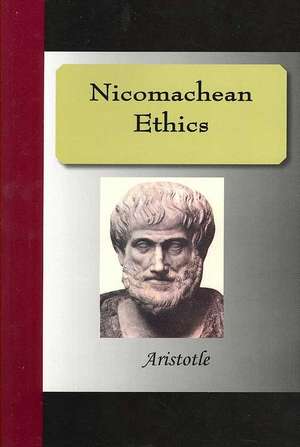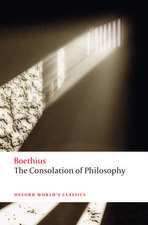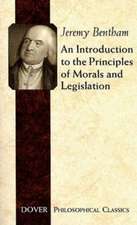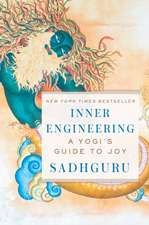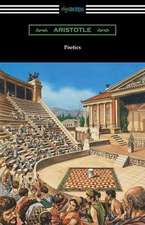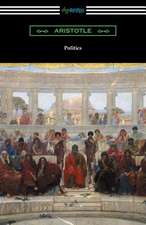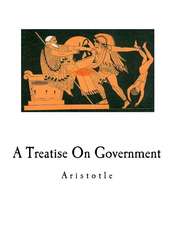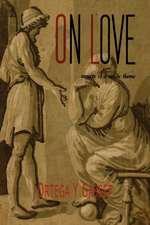Nicomachean Ethics
Autor Aristotleen Limba Engleză Paperback – 9 aug 2007
| Toate formatele și edițiile | Preț | Express |
|---|---|---|
| Paperback (11) | 46.42 lei 3-5 săpt. | |
| – | 46.42 lei 3-5 săpt. | |
| CREATESPACE – | 58.30 lei 3-5 săpt. | |
| Penguin Books – 28 ian 2004 | 59.64 lei 26-32 zile | +22.96 lei 7-13 zile |
| Penguin Books – 29 apr 2020 | 61.05 lei 26-32 zile | +25.28 lei 7-13 zile |
| Hackett Publishing Company – 31 dec 2001 | 133.96 lei 3-5 săpt. | +24.93 lei 7-13 zile |
| CREATESPACE – | 150.68 lei 3-5 săpt. | |
| Pearson – 31 dec 1961 | 439.27 lei 3-5 săpt. | |
| NuVision Publications – 9 aug 2007 | 91.70 lei 38-44 zile | |
| A & D Publishing – 8 feb 2009 | 94.63 lei 6-8 săpt. | |
| COSIMO CLASSICS – 30 oct 2008 | 105.38 lei 6-8 săpt. | |
| – | 117.27 lei 6-8 săpt. | |
| Hardback (3) | 190.98 lei 6-8 săpt. | |
| Hackett Publishing Company,Inc – 29 aug 2019 | 346.05 lei 3-5 săpt. | |
| Hackett Publishing Company, In – 25 feb 2014 | 382.77 lei 3-5 săpt. | |
| – | 190.98 lei 6-8 săpt. |
Preț: 91.70 lei
Nou
17.55€ • 18.37$ • 14.52£
Carte tipărită la comandă
Livrare economică 01-07 aprilie
Specificații
ISBN-10: 1595478329
Pagini: 184
Dimensiuni: 152 x 229 x 11 mm
Greutate: 0.28 kg
Editura: NuVision Publications
Locul publicării:United States
Notă biografică
Cuprins
Chronology
Introduction
Further Reading
A Note on the Text
Synopsis
The Nicomachean Ethics
Book I: The Object of Life
Book II: Moral Goodness
Book III: Moral Responsibility: Two Virtues
Book IV: Other Moral Virtues
Book V: Justice
Book VI: Intellectual Virtues
Book VII: Continence and Incontinence: THe Nature of Pleasure
Book VIII: The Kinds of Friendship
Book IX: The Grounds of Friendship
Book X: Pleasure and the Life of Happiness
Appendix 1: Table of Virtues and Vices
Appendix 2: Pythagoreanism
Appendix 3: The Sophists and Socrates
Appendix 4: Plato's Theory of Forms
Appendix 5: The Catagories
Appendix 6: Substance and Change
Appendix 7: Nature and Theology
Appendix 8: The Practical Syllogism
Appendix 9: Pleasure and Process
Appendix 10: Liturgies
Appendix 11: Aristotle in the Middle Ages
Glossary of Greek Words
Index of Names
Subject Index
Descriere
Library of Liberal Arts title.
Recenzii
"The translation is absolutely reliable and is supplemented with notes that highlight any and all possible problems. Rich and easy to use. I love that 40 pages of supplementary texts from Aristotle are included. . . . Sometimes new editions seem pointless. This is worth it!" James C. Klagge, Virginia Tech
